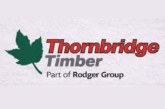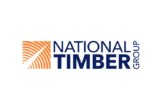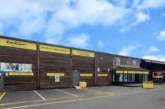
Timber Development UK has responded to recent stories and claims on some media sites about chemical treatment from roofing battens leaching out and causing damage to roofing membranes, as well as claims of it causing skin complaints among roofing personnel.
The organisation says that while it is “in no position to verify or deny the claims made,” it does take all claims of substandard timber product entering the market “very seriously.”
Accordingly, TDUK is reminding all members, their customers and the wider construction industry about the TDUK Trade Note ‘Tile Batten Quality Control’ and other critical information around timber battens we have previously circulated. This information provides guidance on how everyone in the supply chain can protect themselves against potentially fraudulent or substandard tile battens which may be present on the UK market.
It is also urging relevant parties to take steps to ensure they always purchase quality product that complies with British Standards BS 5534 and BS 8417, for example always purchasing tile batten from reputable suppliers, requesting and obtaining additional product safety information before making a purchase (as very few brands of tile batten can be identified as reputable by colour alone).
In addition, buyers are also advised to request a treatment certificate with every delivery to ensure the tile batten has been correctly pressure treated to Use Class 2 and so that the preservative can be clearly identified.
TDUK further asserts that, unlike during the period immediately post-COVID, there are currently no supply problems that preclude buyers from obtaining tile batten that is fully compliant with UK national standards BS 5534 and BS8417 in terms of product performance and safety.
Additionally, TDUK advocates for the use of third-party accreditation to back up performance claims in relation to the above standards. This includes the requirement developed in association with its partners at the Wood Protection Association (WPA) for all TDUK members to have independent third-party accreditation for their treatment plants, as well as for any preservative-treated wood they purchase or have treated elsewhere.










